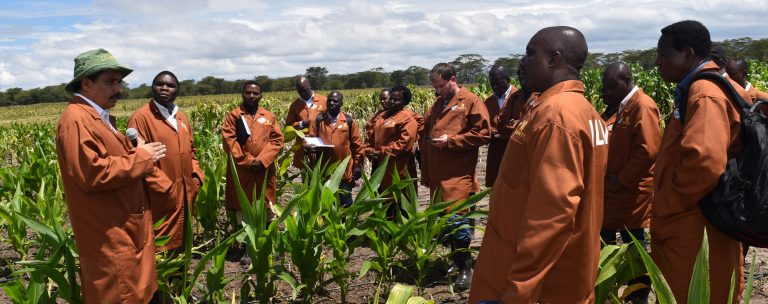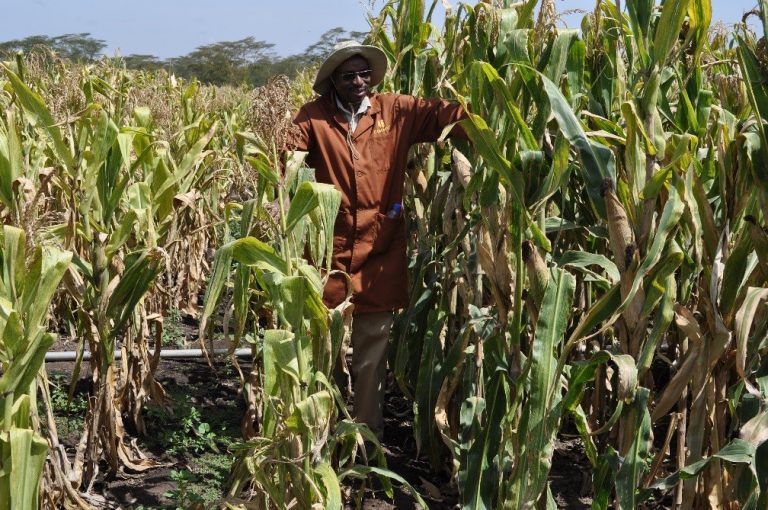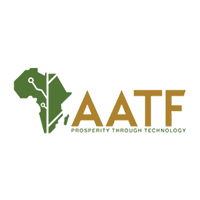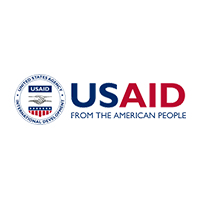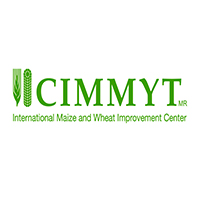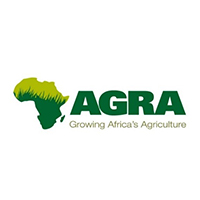MLN Diagnostics and Management Project
Protecting maize against drought and insect damage
ABOUT THE PROJECT
Maize Lethal Necrosis Disease (MLND) is a key regional challenge that continues to bring havoc to farmers’ maize grain harvest and threatens food security in the eastern African region. It causes yield loses of up to 100% and has been registered as a threat to food security in the region. MLND is caused by the co-infection of Maize Chlorotic Mottle Virus (MCMV) and any of the Potyviruses infecting cereals, especially Sugarcane Mosaic Virus (SCMV). The disease was reported in Kenya in September 2011, and later in Tanzania, Uganda, Rwanda, DR Congo, South Sudan and Ethiopia.
MLN pathogens can be transmitted by insect vectors and also through contaminated seed. Some developed countries have managed the disease through strategies that include combining tolerant varieties, crop rotation, and having maize free seasons to reduce the insect vector pressure that transmits the disease. However, in eastern Africa, the epidemic is aggravated by little access to MLN tolerant maize varieties by farmers and year-round cultivation of maize, allowing transmission via insect vectors, among others.
AATF and AGRA are co-leading efforts towards supporting the commercial seed sector in Kenya, Uganda, Tanzania, Rwanda and Ethiopia in production of MCMV-free maize seed, as well as promoting the use of certified seeds by farmers in respective countries.
The Project is coordinated by the International Maize and Wheat Improvement Centre (CIMMYT), under the USAID-funded MLN Diagnostics and Management Project.
AATF PROJECTS
TELA Maize
TAAT Maize
TAAT Policy Enabler
Cowpea Project
MLN Project
OUR CONTRIBUTION

Control the spread of Maize Chlorotic Mottle Virus (MCMV) in MLN-endemic countries of Eastern Africa while preventing its spread to MCMV from entering non-endemic countries especially in Southern Africa.

“If the industry does not get systematic and standardized scientific steps and operating procedures, decisions on control and management of MLN will be subjective.” – Erick Tegei, Quality Assurance Manager, Kenya Seed Company
PROJECT BENEFIT
FARMERS
Farmers can now control loss on harvest through use of and access to clean, certified MLN tolerant maize varieties.
BUSINESSES
Commercial farmers can now obtain maximum maize productivity by reducing/mitigating MLN disease incidences in their farms through supply chains of seed companies.
SOCIETY
Increased levels of maize production that ensures the region is relatively food secure.
PROJECT HIGHLIGHTS
FIELD & IMPACT STORIES
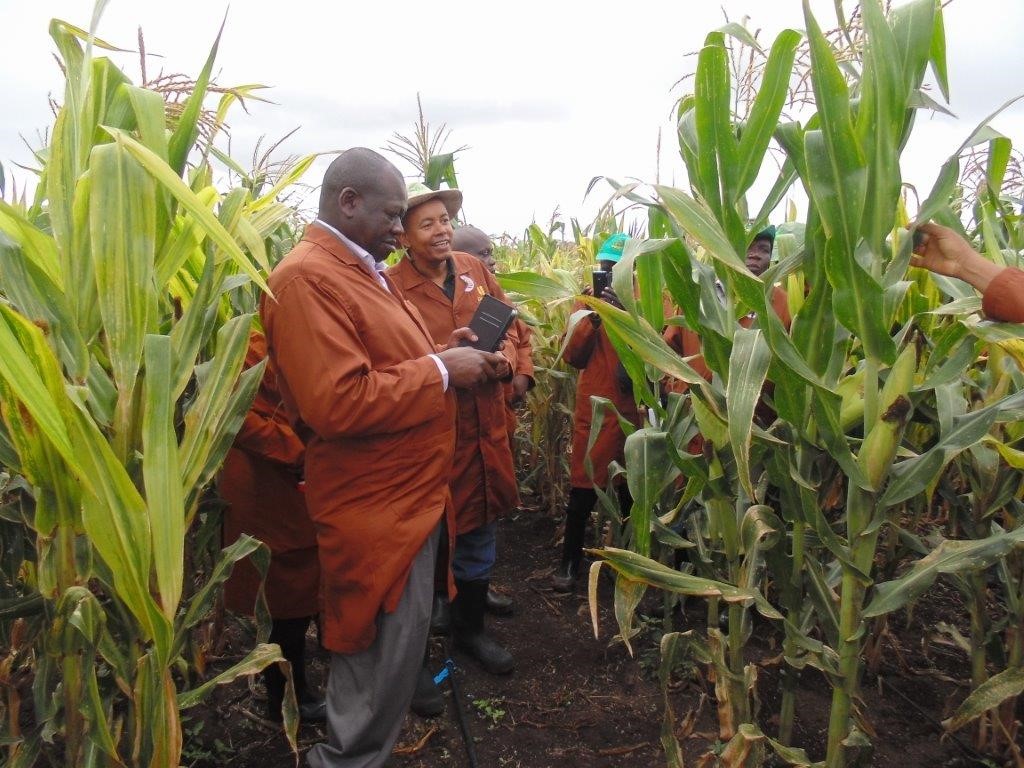
Agricultural institutions partner to curtail spread of MLN in Sub-Saharan Africa
Need more info on this?
Get in touch with us for more information.
Fill out the contact request form & we'll get back to you.
PROJECT PARTNERS
INFORMATION AND RESOURCES
Maize lethal necrosis (MLN): Efforts toward containing the spread and impact of a devastating transboundary disease in sub-Saharan Africa
Download Resource file
SOPS – MLN disease portal
Download Resource file
PROJECT MANAGEMENT

Jonga Munyaradzi
Project Coordinator
J.Munyaradzi@aatf-africa.org
PROJECT INVESTORS
The United States Agency for International Development (USAID), one of the original funders of AATF, supports the Nitrogen-Use Efficient, Water-Use Efficient, Salt-Tolerant Rice Project; Pod-Borer Resistant Cowpea Project; and the Water Efficient Maize for Africa project. USAID supports the MLN Diagnostics and Management Project through CIMMYT. USAID also supported the Striga Control in Maize project as part of the US government’s Feed the Future initiative.
CALL US TODAY
254-20 422 3700
NAIROBI, KENYA
Naivasha Rd
EMAIL
aatf@aatf-africa.org


